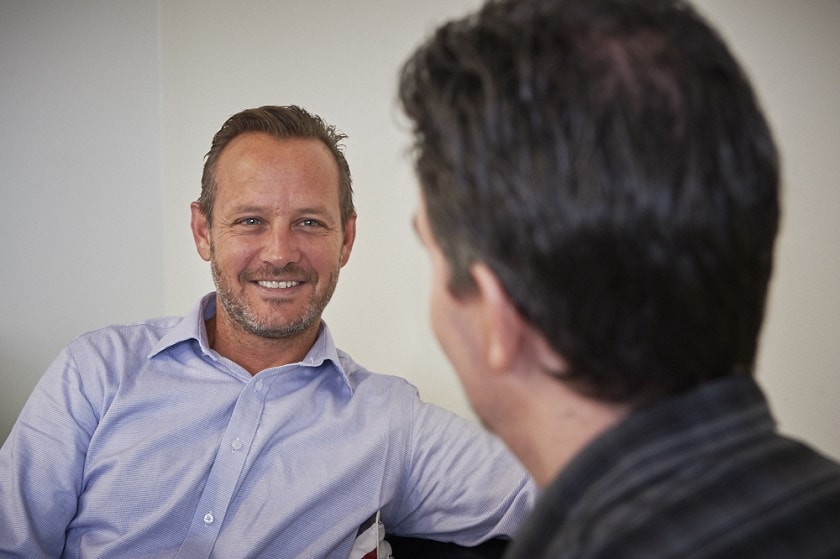What is supervision?
Supervision is a formal arrangement for mental health professionals to discuss their work regularly with someone who is experienced in mental health and supervision.
Clinical and practice supervision allows clinicians, support and peer workers access to a designated time to explore any issue that affects their work performance and debrief from challenging situations with consumers and carers. The goal is to work together to develop the efficiency of the health professional/consumer relationship.
The benefits of supervision
Clinical and practice supervision is a process to maintain standards of mental health care and an opportunity to widen the horizons of an experienced practitioner.
Mental health care can expose clinicians, support and peer workers to situations that may impose great demands on their emotional and professional well-being.
Another benefit of supervision is a commitment to challenging practices and informing supervisee’s of alternative theories, new practices, as well as the latest research.
The supervisor is also responsible for observing the mental health of their supervisee, encouraging them to engage in appropriate self care. This inspires the development of reflective practice, which mental health services can nurture as a skill for the staff.
You need to ask
It is important that patients, community members and carers ask if their mental health professional accesses clinical or practice supervision.
A good practitioner will be aware of their own values, beliefs and biases; being aware of them lessens the danger of their impacting negatively on the therapeutic relationship. We all operate within a personal belief system, but mental health professionals must work with clients in a way which is consistent with the client’s values.
As in all professions, the mental health professional needs to be constantly upgrading their knowledge and skills: there is ongoing development of mental health research, treatment strategies and models of care and it is incumbent upon clinicians, support and peer workers to keep up to date.
Indeed, additional disciplines are engaging in the practice, with Adrian Meli, an accredited Exercise Physiologist at St John of God Burwood Hospital providing clinical and practice supervision for the exercise physiology team in New South Wales.
If the mental health community neglect to pursue this continuous learning process, we are limiting our practice and impact with the patients and carers we serve








